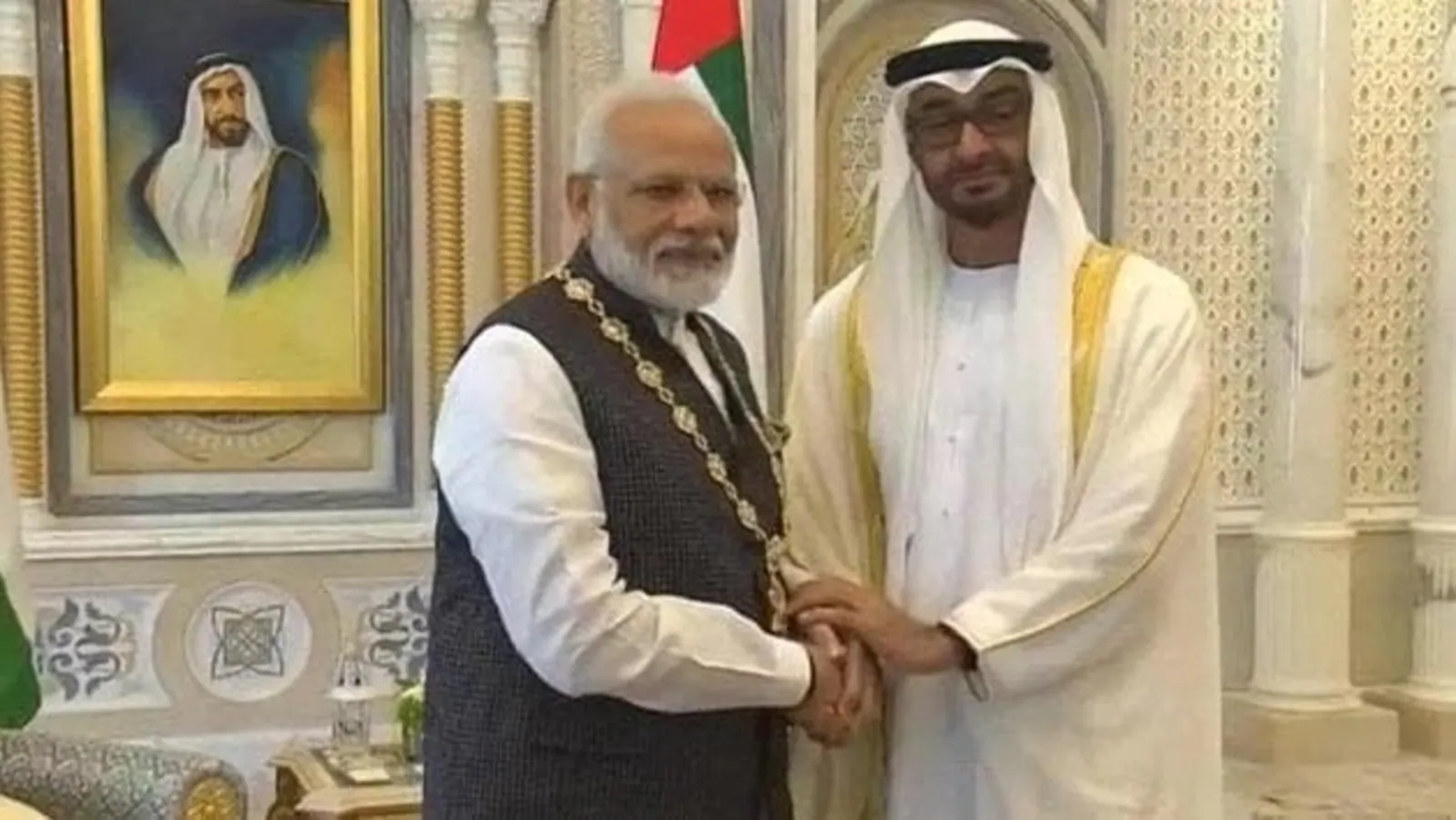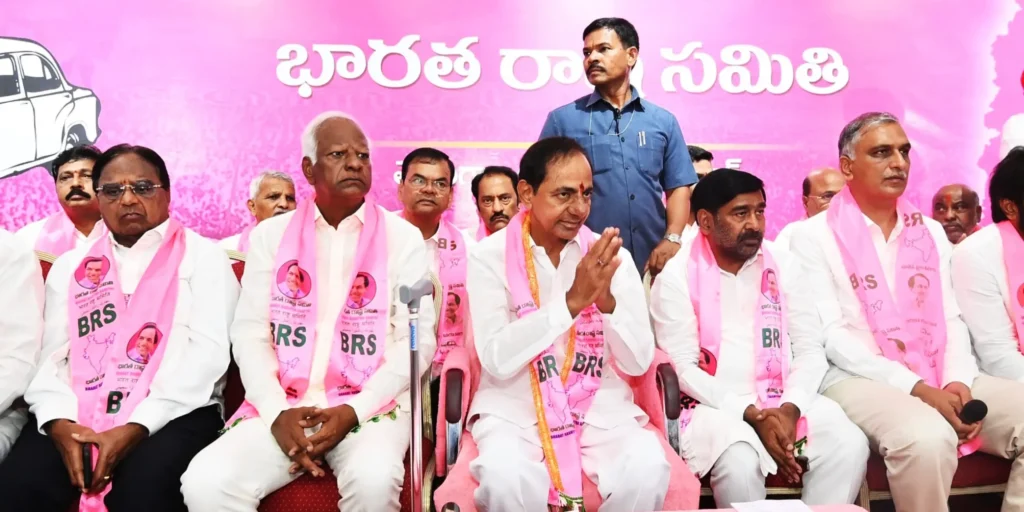Rama Krishna Sangem
Modi, Nahyan launch RuPay card at Abu Dabhi


Rama Krishna Sangem


Excel India national news magazine is a media startup founded and piloted by Rama Krishna Sangem, a Hyderabad based senior journalist with over three decade experience in the field of media, mostly in print journalism. His rich experience in reporting for both Telugu and English newspapers and heading a TV news channel and some online outfits will be of immense use to this venture. Excel India English news magazine seeks to fill the gap of analytical understanding to our readers who today are confronted with myriad media platforms. Our online version not only offers regular updates and commentary on happenings around us, but also gives larger stories not limited by space constraints of a print magazine. Excel India is ably run by a team of senior journalists committed to values and quality standards in the profession. We urge you all to support and guide us in this endeavour. Reach us at excelindiaweb123@gmail.com
